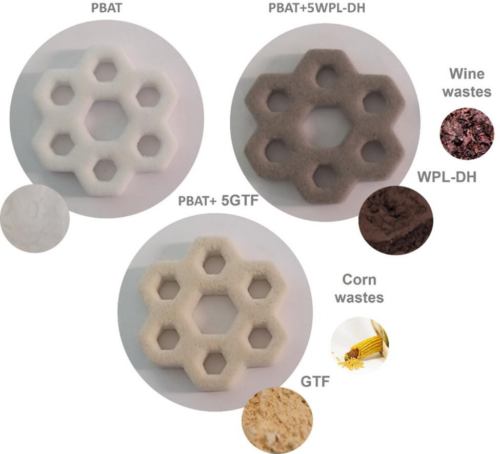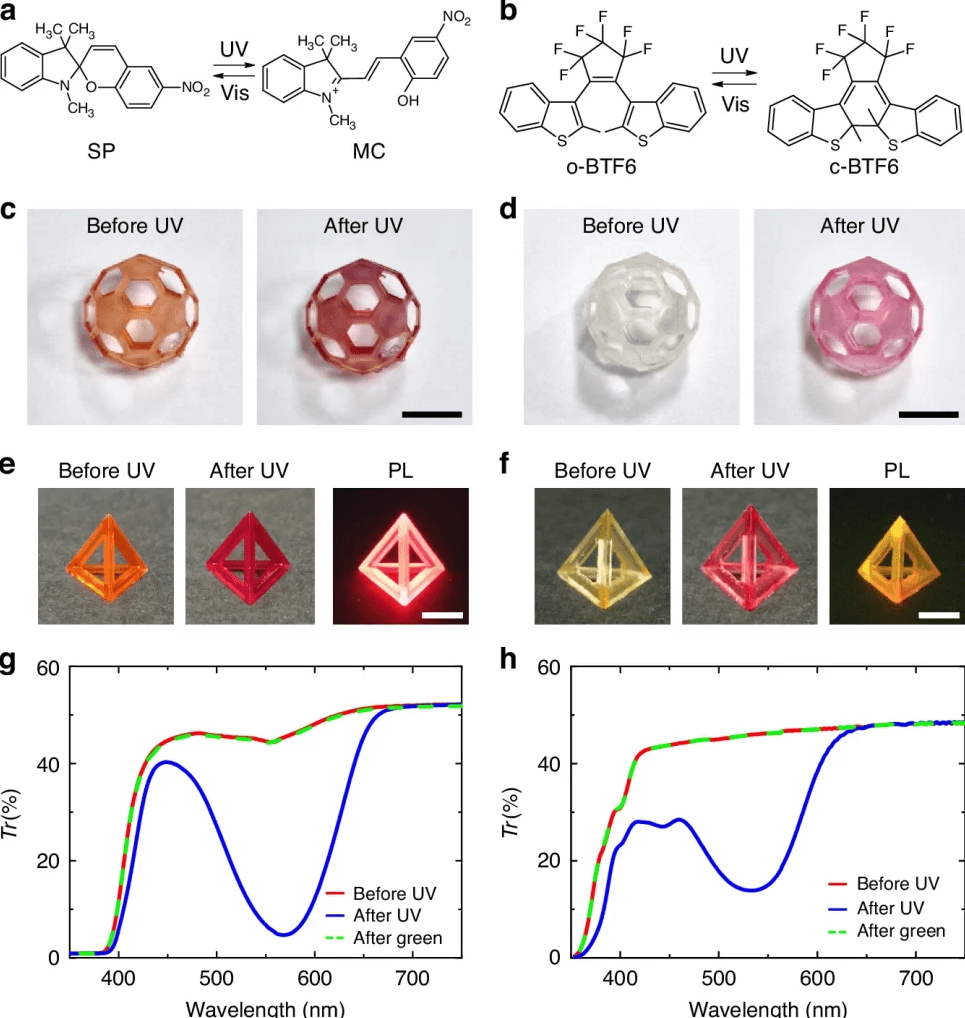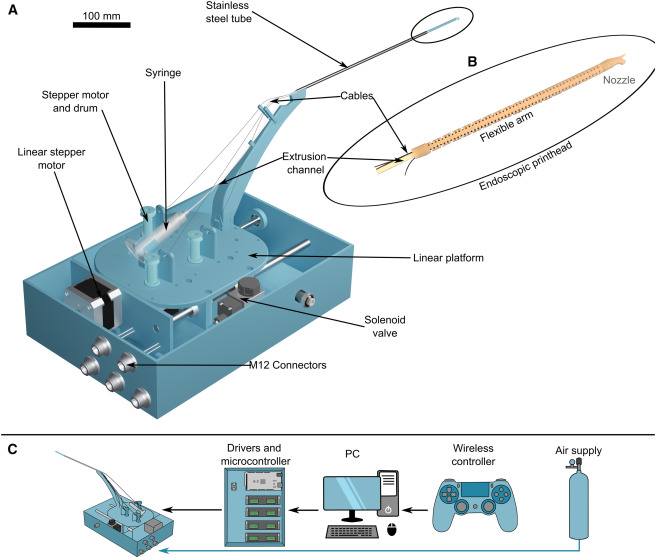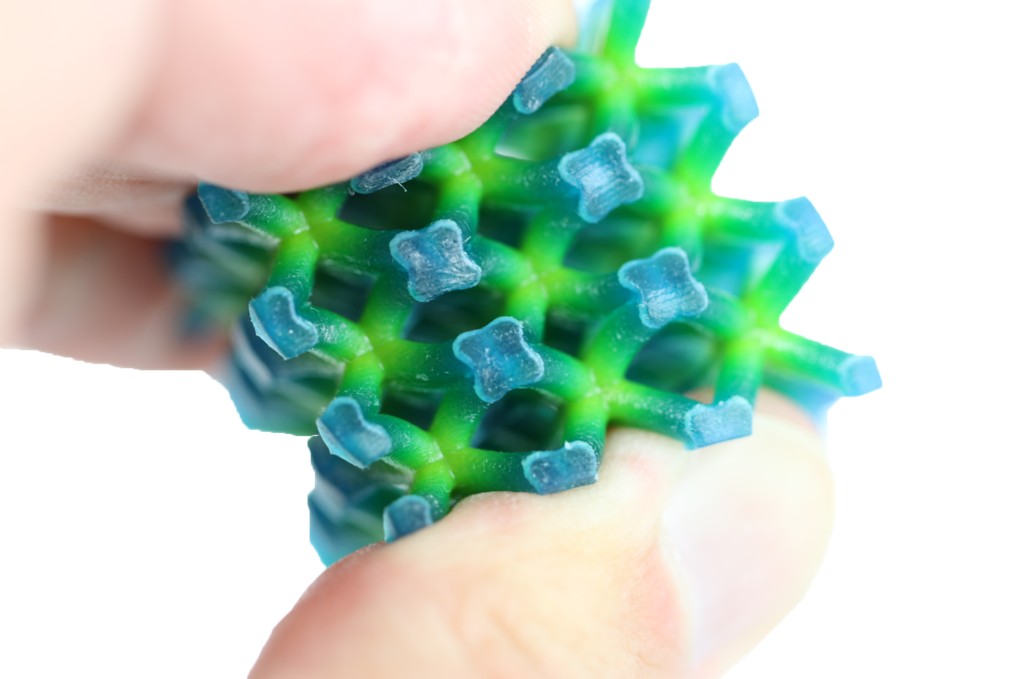
Date:2024-06-11 12:29:43
Researchers have successfully developed biodegradable PBAT-based composites using agro-waste fillers through selective laser sintering (SLS). This process utilized corn by-products and wine production residues as biofillers in the PBAT matrix.

Researchers Create PBAT-Based Composites via Selective Laser Sintering
A variety of PBAT-based composites, as printed. (Image Credit: Politecnico di Torino)
The PBAT-based composite powders were prepared using an emulsion solvent process to achieve spherical particles suitable for SLS. The composite materials exhibited good dimensional accuracy and structural complexity when printed. Characterization methods such as TGA, DSC, SEM, and DMA were used to assess the thermal, morphological, and mechanical properties of the composites.
The introduction of biofillers into PBAT resulted in a decrease in material cost and maintained biodegradability. The bio-based composites displayed increased structural complexity and were found to be processable with good dimensional definition and porosity.
The study demonstrates the potential of using agro-waste fillers in biodegradable polymers for additive manufacturing. This approach provides a cost-effective and sustainable alternative to traditional polymeric materials. The research could prove particularly beneficial in biomedical applications.





